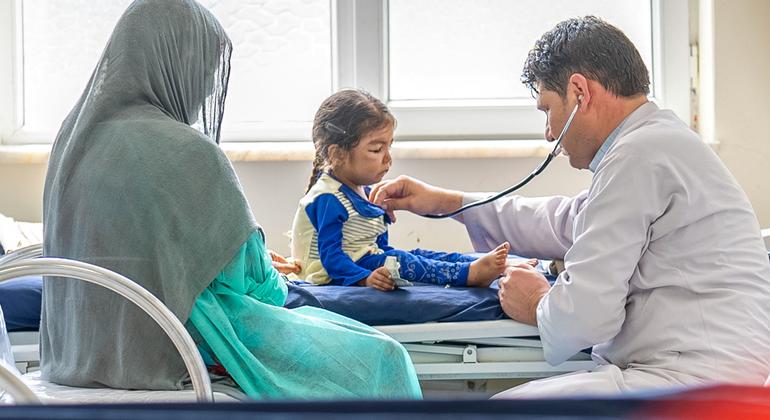It now joins 45 countries and one territory that have reached this milestone.
“Today we congratulate the people of Georgia for their decades of targeted and sustained action to eliminate malaria, one of the world's leading causes of death,” said Tedros Adhanom Ghebreyesus, WHO Director-General.
About WHO certification
Malaria is transmitted by some types of mosquitoes and is mainly found in tropical countries. The infection is caused by a parasite and is not transmitted from person to person. The disease is both preventable and curable.
Symptoms can be mild or life-threatening. Mild symptoms include fever, chills, and headache, while severe symptoms include fatigue, confusion, seizures, and difficulty breathing.
The WHO certifies that a country is malaria-free after it has demonstrated beyond a reasonable doubt that transmission has been interrupted throughout the country for at least the previous three consecutive years.
Dr Hans Kluge, WHO Regional Director for Europe, said Georgia's achievement “is a great milestone worth highlighting” as it brings Europe one step closer to certification as the first malaria-free region. of the world.
“This does not happen in a vacuum; this was made possible by sustained investment, the dedication of health workers and specific efforts in the prevention, early detection and effective treatment of all cases of malaria,” he said.
a long battle
Malaria has affected Georgia since ancient times, the WHO noted.
Before the introduction of systematic control efforts in the early 20th century, at least three species of malaria parasites: P. falciparum, P. malariae and P. vivax – were endemic there. In the 1920s, approximately 30 percent of the population suffered from malaria caused by P. vivax malaria species.
By 1940, large-scale mosquito control programs had helped significantly reduce malaria cases through improved access to diagnostic and treatment facilities. However, World War II caused cases to rise again due to population movement and pressure on health facilities.
During the postwar period, Georgia launched an intensive program focused on eliminating malaria, using newer drugs, insecticide spraying, and robust entomological surveillance. The campaign successfully interrupted the transmission of P. falciparum in 1953, P. malariae in 1960 and P. vivax around 1970.
The country remained malaria-free for 25 years, but by 2002 the disease had re-emerged, with 474 cases reported.
Renewed commitment
In 2005, Georgia and nine other countries in the WHO European Region signed the Tashkent Declaration, reaffirming their commitment to eliminating malaria.
The intensified interventions that followed significantly reduced the incidence of malaria in Georgia, with the last indigenous case being recorded in 2009. In 2015, the 53 countries in the WHO European Region, including Georgia, reported no indigenous cases.
To prevent further re-establishment of malaria transmission in the region, the original signatories of the Tashkent Declaration issued the Ashgabat Declaration in 2017, committing to make every effort to remain malaria-free.
Türkiye is the only country in the WHO European Region that has not yet obtained certification.












